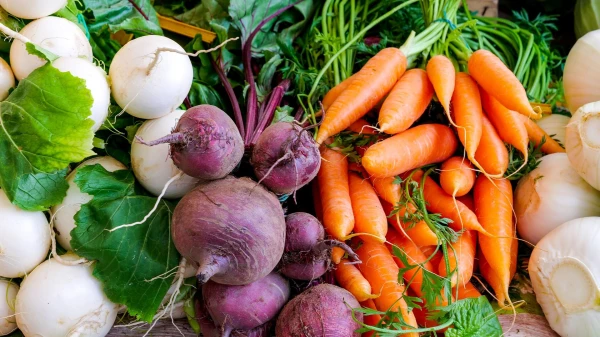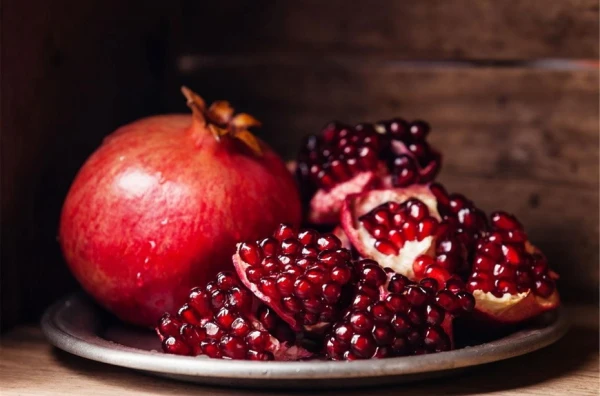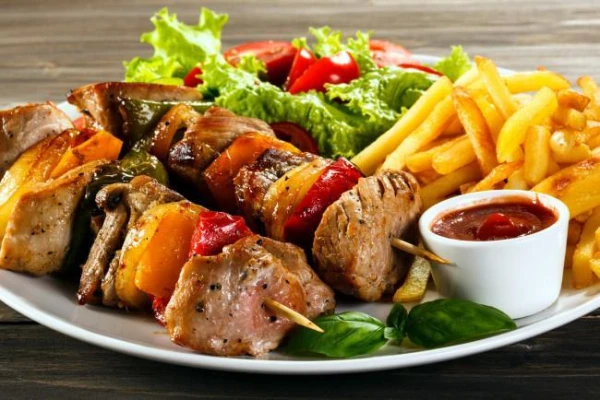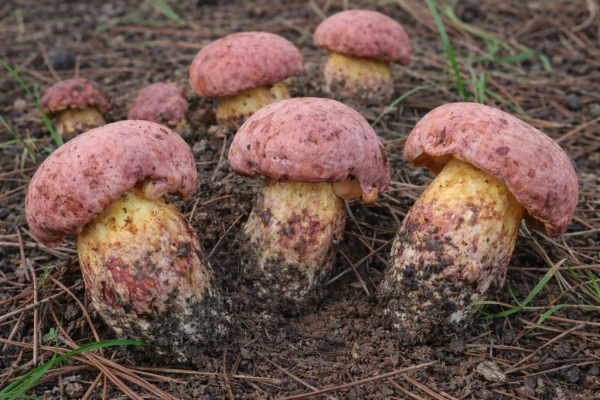
Winter is already at the doorstep, bringing gloom and melancholy with its icy breath. It never comes alone: it drags along the annoyingly short daylight hours with almost no sun and the indistinct gray murk outside the window, dry air, and a general feeling of "the battery has run out." And let's not forget about viruses and colds; where would we be without them? But here it’s simple: a well-adjusted diet and routine help the body retain warmth, avoid drowsiness, and meet the frosts in good shape. Nutritionist Elena Mukhina shared the details.
Immune Foundation Through the Plate
In the cold season, the immune system works non-stop, which means it needs a fuel base. Warm dishes with vegetables, legumes, fish, and whole grains support the microbiome and reduce cravings for quick sugars. "Add a source of protein and plant fiber to every meal to keep glucose levels stable and avoid snacking. The simplest plate rule in winter is: half vegetables, a quarter protein, a quarter complex carbohydrates plus a spoonful of healthy fat," says the expert.
Seasonal Energy Balance
Cold increases the need for calories, but excess heavy food does not provide sustainable energy. Focusing on complex carbohydrates, moderate healthy fats, and clear protein supports thermogenesis without heaviness. Oatmeal with nuts, lentil soup, buckwheat with turkey, stewed root vegetables, and fatty fish work better than random snacks; this combination keeps warmth well and provides energy without making you sleepy after lunch.
Hydration and Warm Cuisine
In winter, the desire to drink decreases, but dehydration slows metabolism and worsens thermoregulation. Serve hot water, herbal teas, broths, and pureed soups to replenish fluids without excess sugar. "Be careful with alcohol and sweet drinks: they provide a temporary feeling of warmth and then increase fluid loss. A thermos with ginger tea, miso, or chicken broth warms safely and predictably," emphasizes the doctor.
Seasonal Products and Spices
In winter, foods rich in minerals and antioxidants are great: all kinds of cabbage, pumpkin, beets, carrots, Jerusalem artichoke, beans, and frozen berries. These products support blood vessels and skin, helping the liver eliminate excess inflammatory signals. Spices like ginger, turmeric, coriander, cumin, and black pepper gently stimulate circulation and enhance flavor, reducing cravings for excess salt and sugar. A soup with root vegetables and a pinch of curry warms better than dense fast food.
Vitamin D, Iron, Magnesium: Checking the Basics
The short daylight hours reduce vitamin D levels, and deficiencies in iron and magnesium can manifest as chronic fatigue. It makes sense to take basic tests and discuss supplements with a doctor rather than taking them randomly. Always include eggs and fish in your diet, eat liver, spinach, buckwheat, nuts, and seeds more often, and add a source of vitamin C for better iron absorption.














Leave a comment